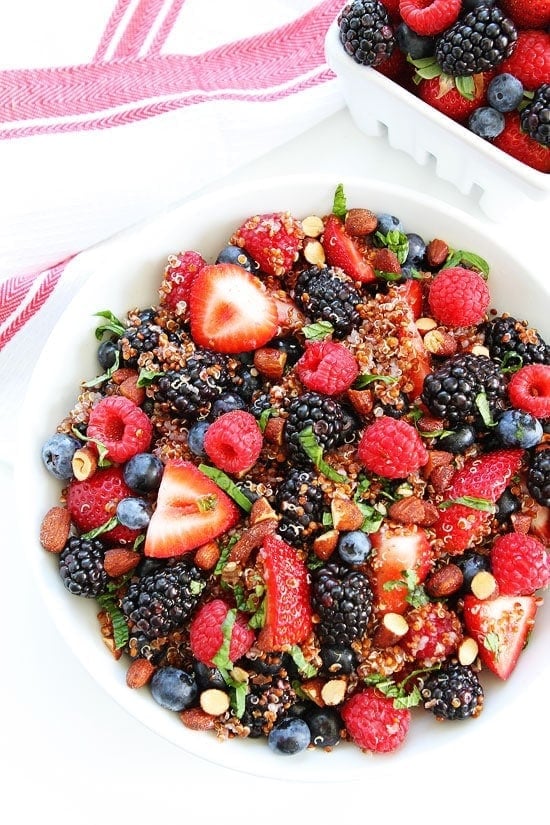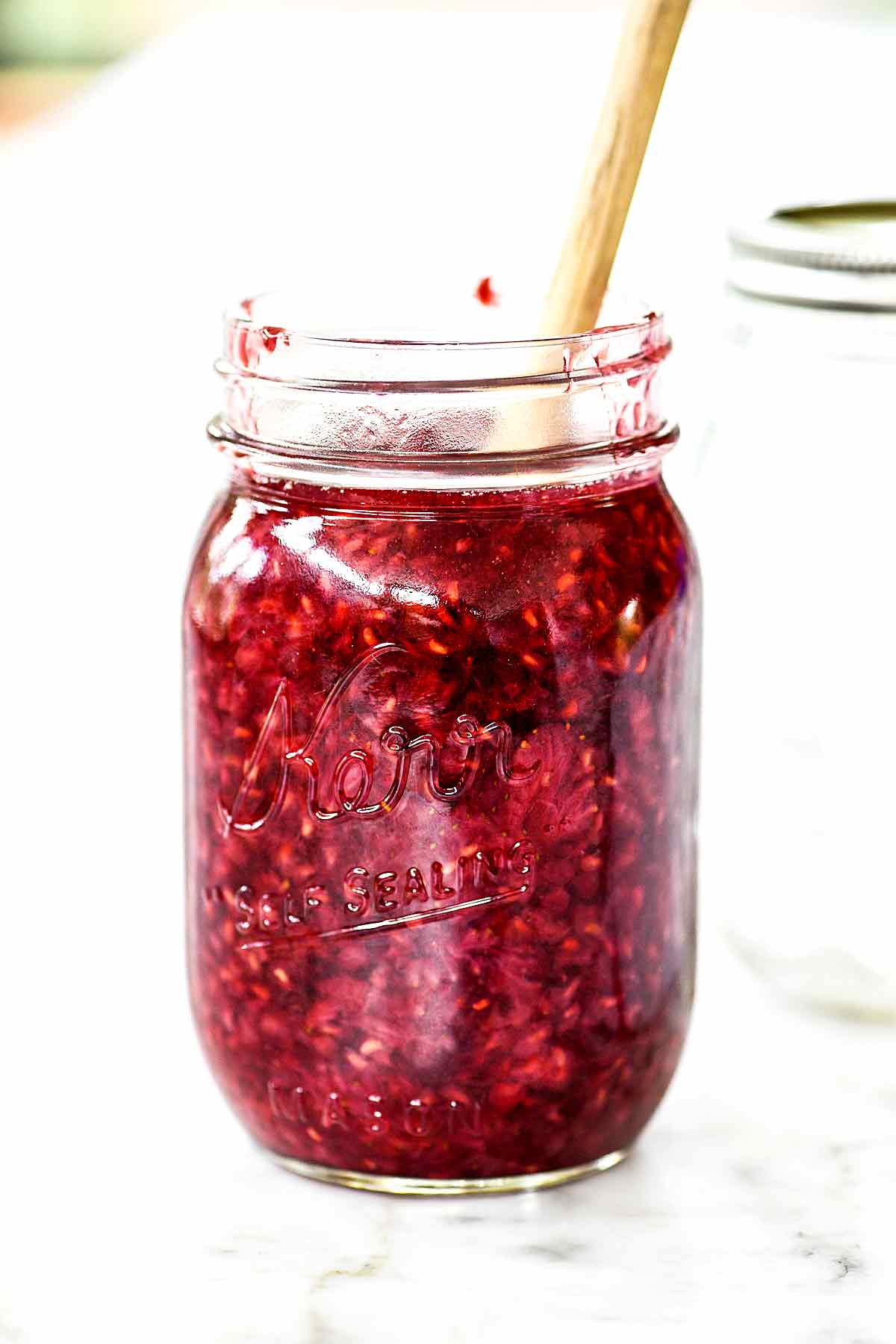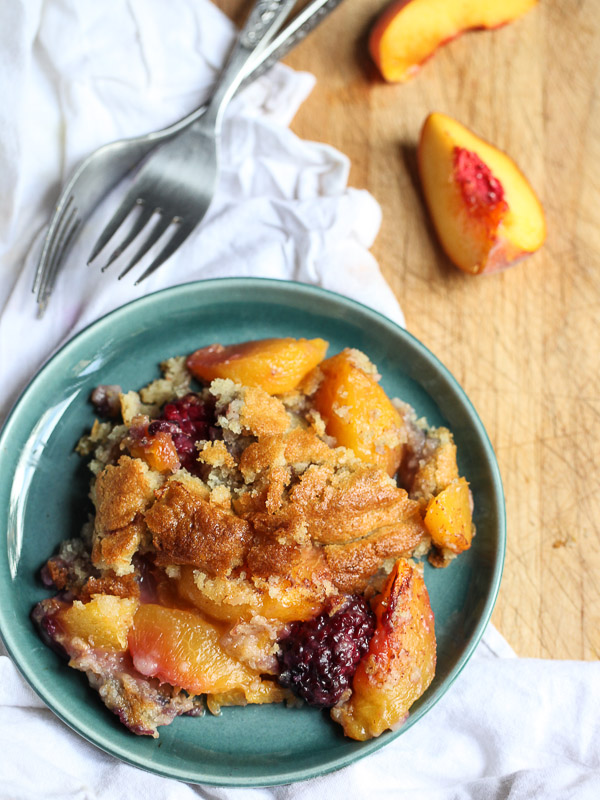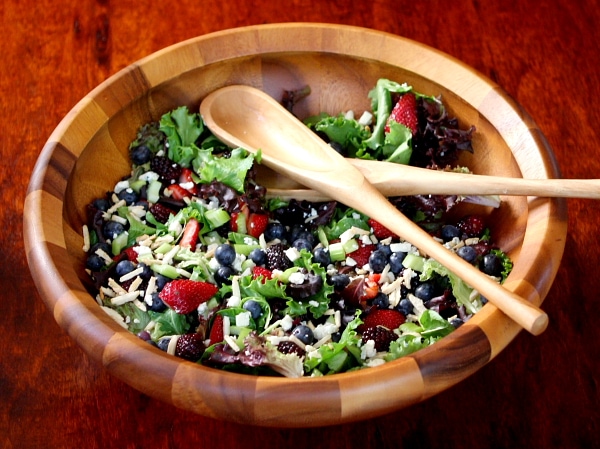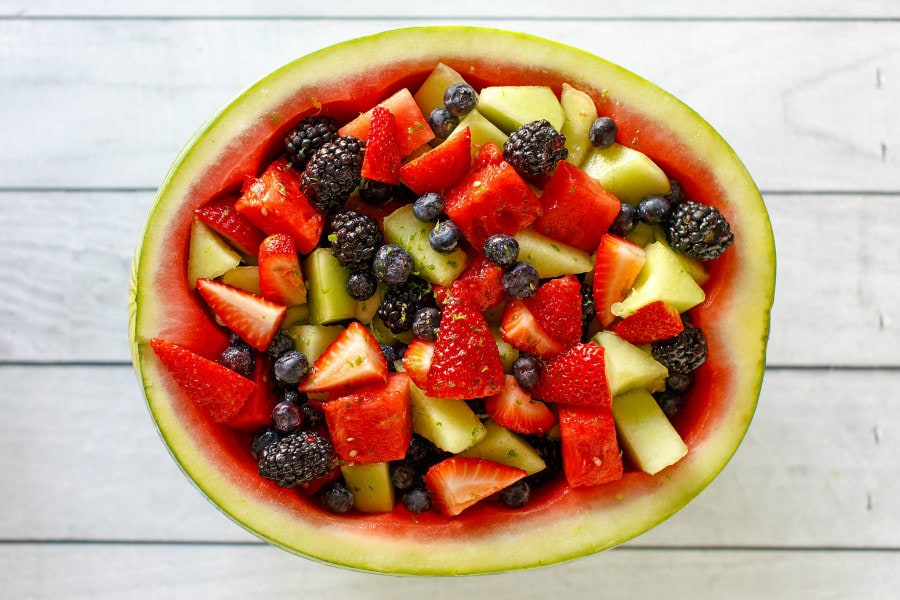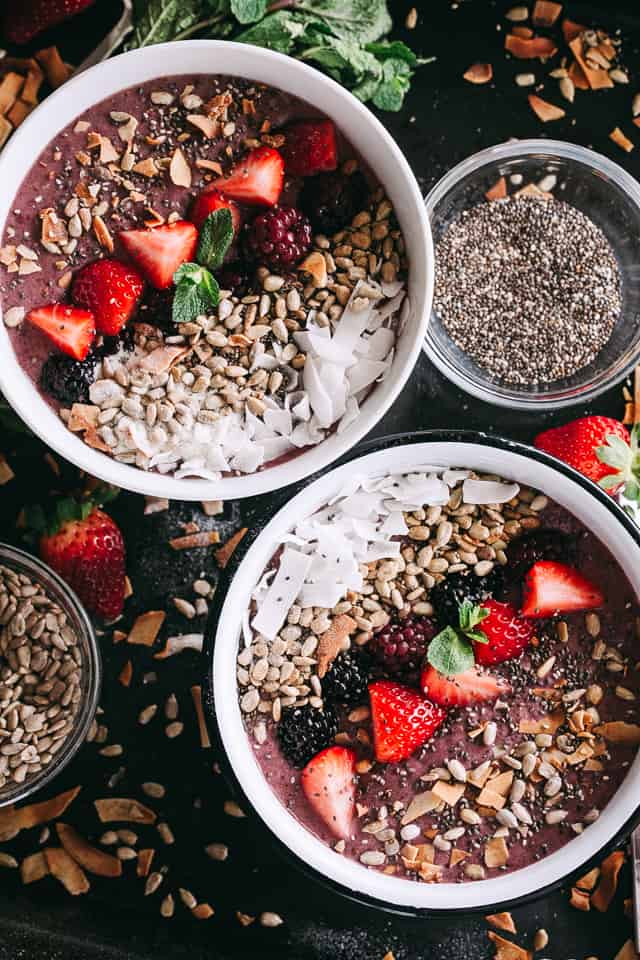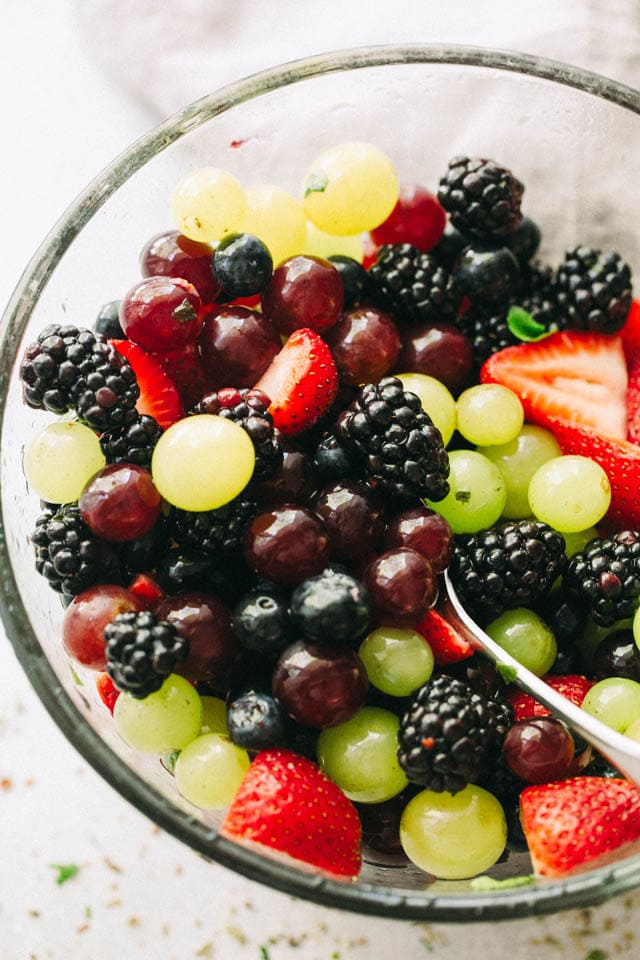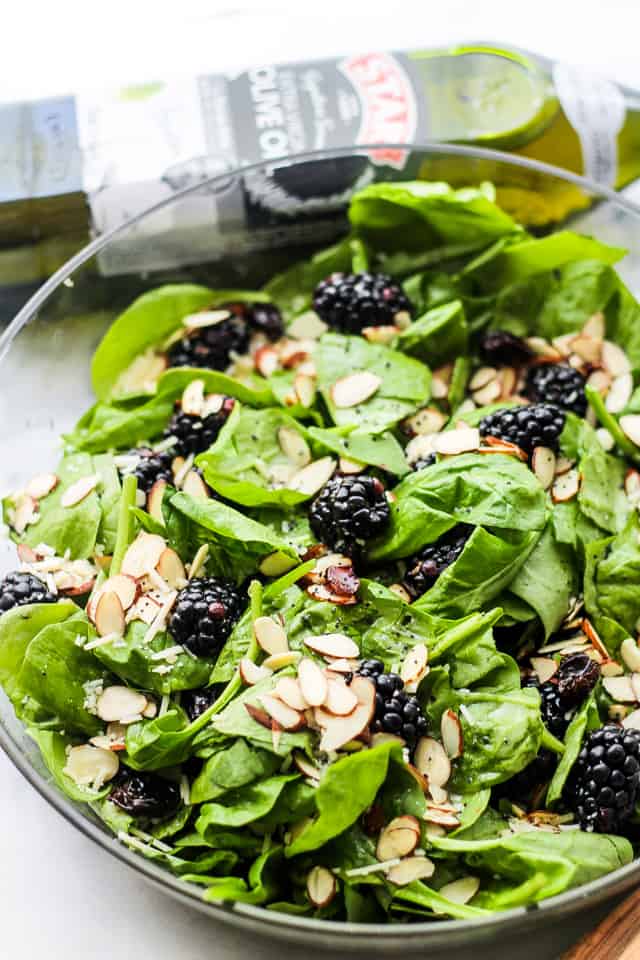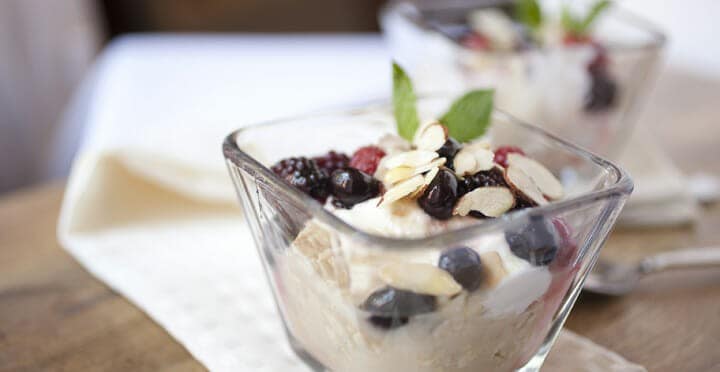Blackberries: Important Facts, Health Benefits, and Recipes
Explore the health benefits, history, and culinary uses of blackberries in our ultimate guide, and learn how to incorporate this nutrient-packed superfood into your diet.
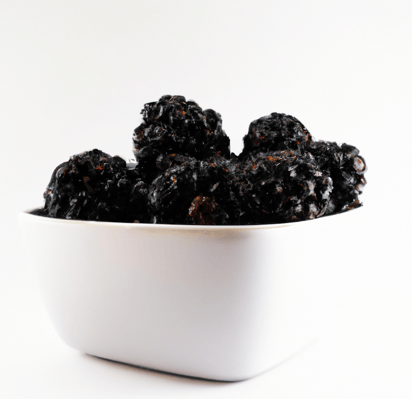
Best Blackberries Recipes
-

-

-
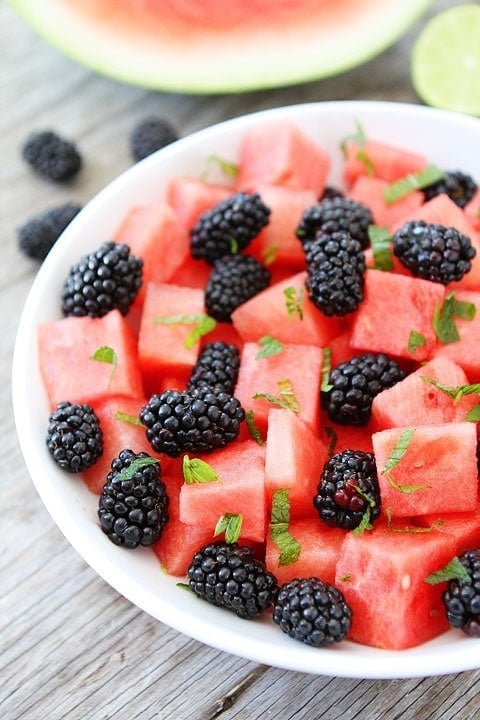
-

-
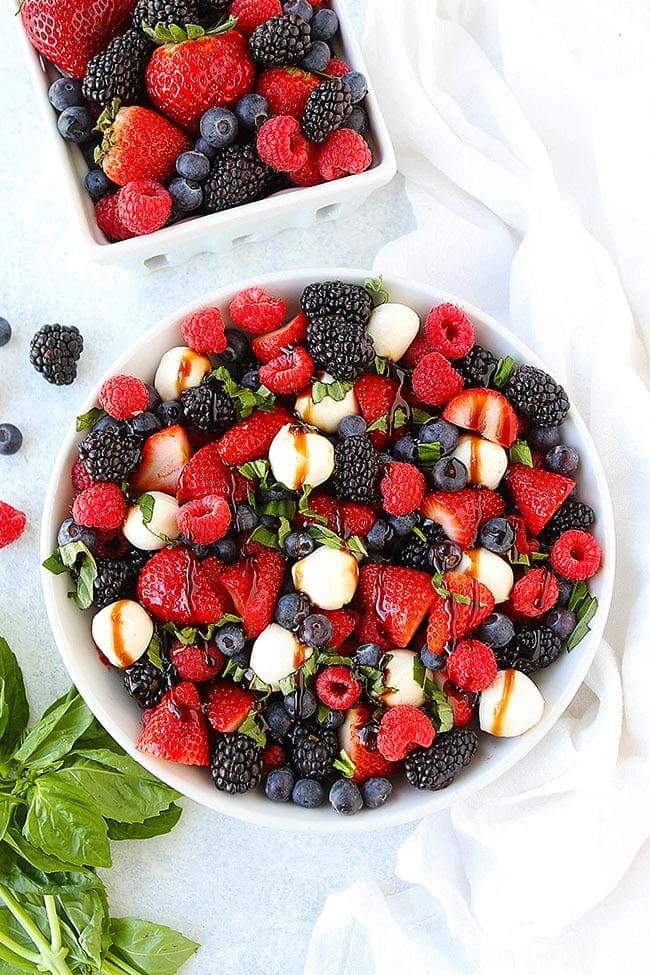
-

-

-

-
![Berry Quinoa Salad Image]()
-
![Mini Fruit Pizzas Image]()
-
![Mixed Berry Mini Galettes Image]()
-
![Lemon Ricotta Blackberry Muffins Image]()
-
![Blackberry Lime Muffins Image]()
-
![Almond Torte Image]()
-
![Fruit Salsa with Cinnamon Sugar Pita Chips Image]()
-
![Oven Berry Pancakes Image]()
-
![20-Minute Berry Jam Image]()
-
![Vietnamese Rice Noodle Salad with Berries Image]()
-
![How to Set Up a DIY Mimosa Bar Image]()
-
![Coconut Baked French Toast with Oatmeal Crumble Image]()
-
![Berry Delicious Fruit Salad Image]()
-
![Four Berry Pie Recipe Image]()
-
![Grandma’s Peach and Blackberry Cobbler Image]()
-
![Lemon Berry Fluff Trifle Image]()
-
![Simple Three Berry Pie with Crumb Topping Image]()
-
![New York Style Cheesecake Image]()
-
![Cream Cheese Pound Cake Image]()
-
![Triple Berry Salad with Sugared Almonds Image]()
-
![Liquored Up Watermelon Fruit Bowl Image]()
-
![How To Make an Epic Charcuterie and Cheese Board Image]()
-
![Berry Yogurt Popsicles Image]()
-
![Triple Berry Smoothie Image]()
-
![Ambrosia Salad Image]()
-
![Lemon Berry Cheesecake Puff Pastries Image]()
-
![Trix Yogurt Popsicles Image]()
-
![Skinny Mango and Blackberry Cobbler Image]()
-
![No Bake Blackberry Tarts with Blueberry Cashew Cream Image]()
-
-
![Creamy Blackberry Salad Dressing + Video Image]()
-
![Rainbow Protein Smoothie Bowl Image]()
-
![Blackberry Mint Julep Image]()
-
![Moscato Fruit Salad Image]()
-
![Summer Cobb Salad Image]()
-
![Mixed Fruit Salad with Honey-Lemon Yogurt Dressing Image]()
-
![Berry Pie Image]()
-
![Spinach Blackberry Salad with Lemon Poppyseed Dressing Image]()
-
![Summer Berry Muesli Image]()
-
![Blackberry Big Crumb Coffee Cake Image]()


